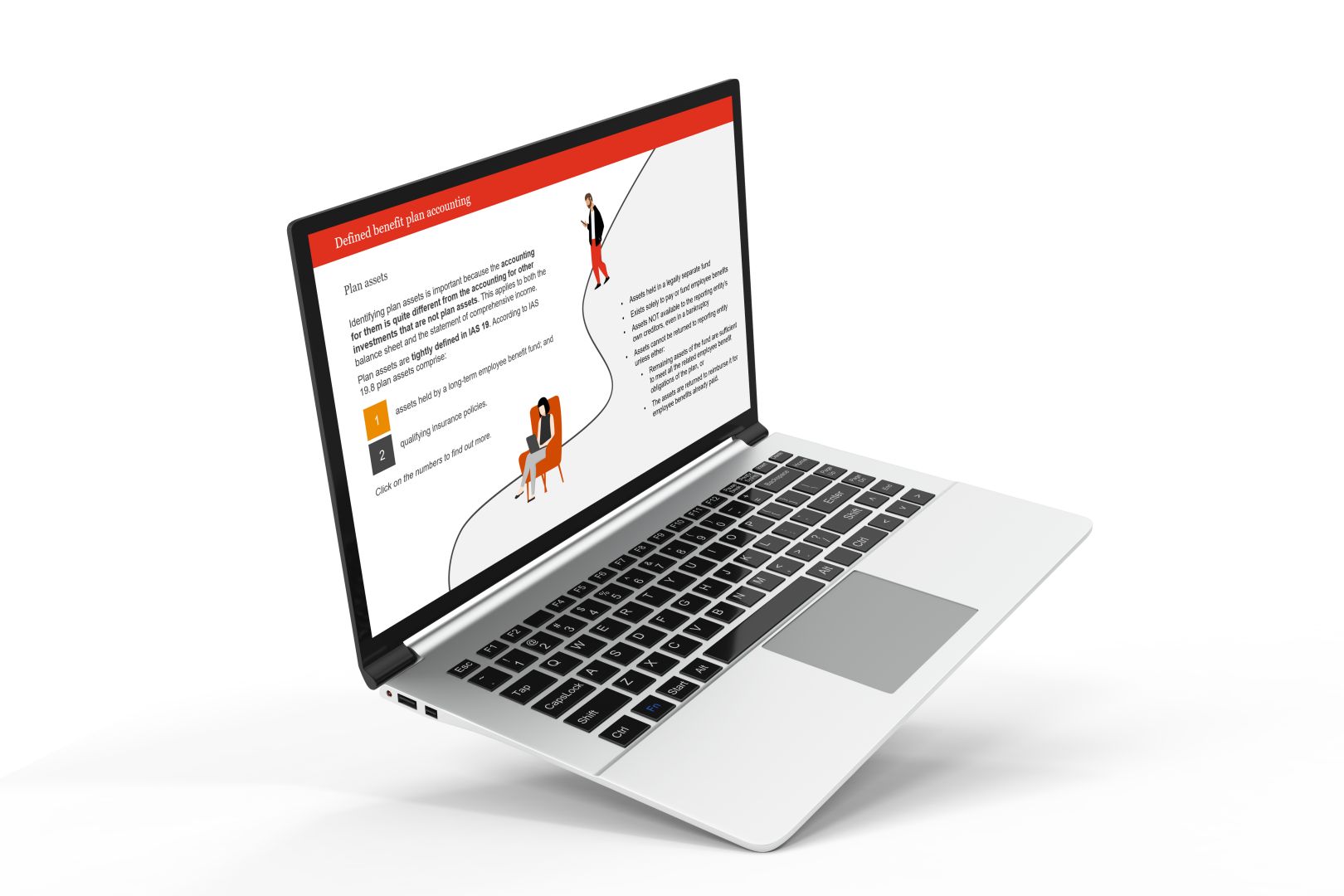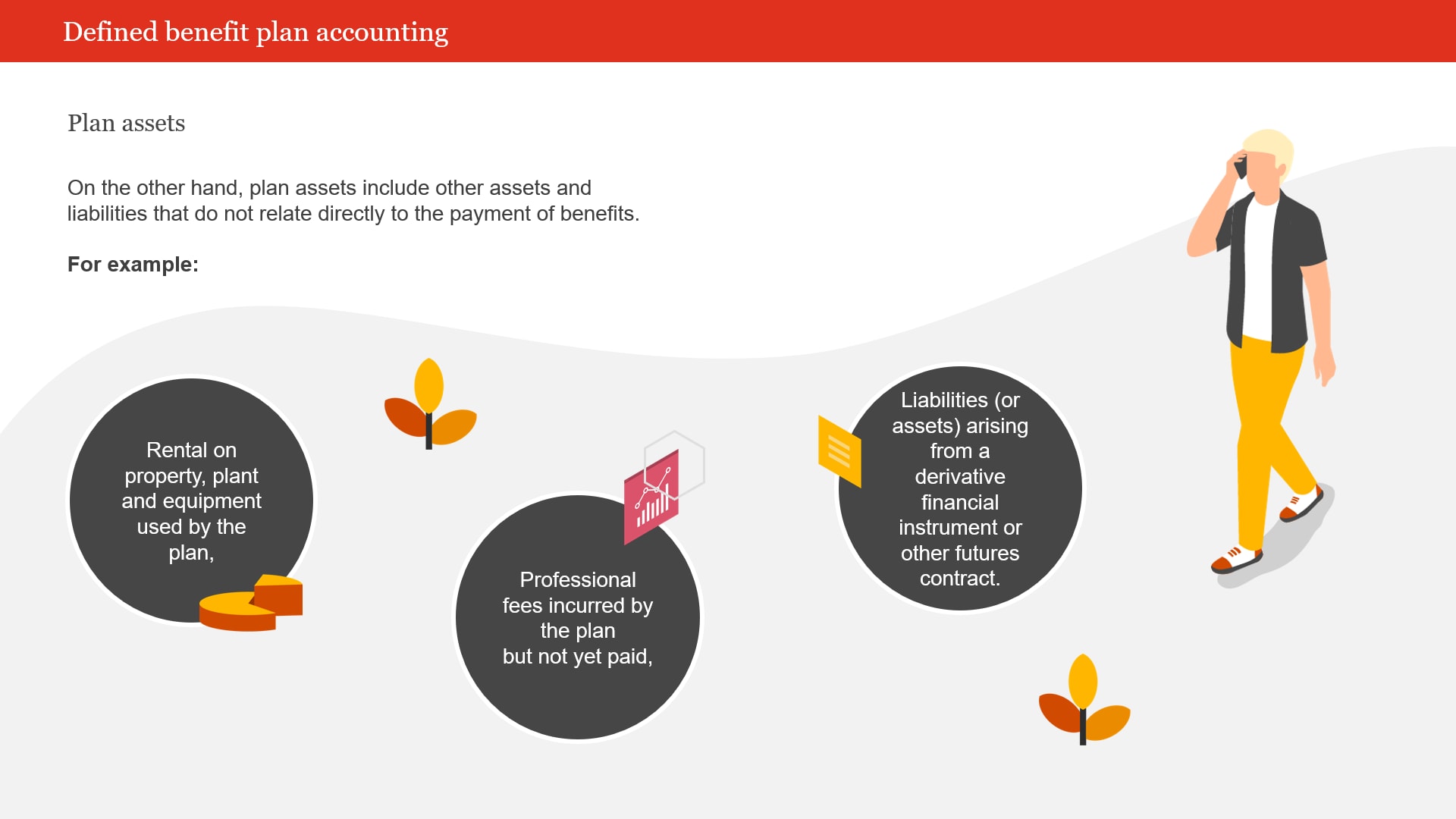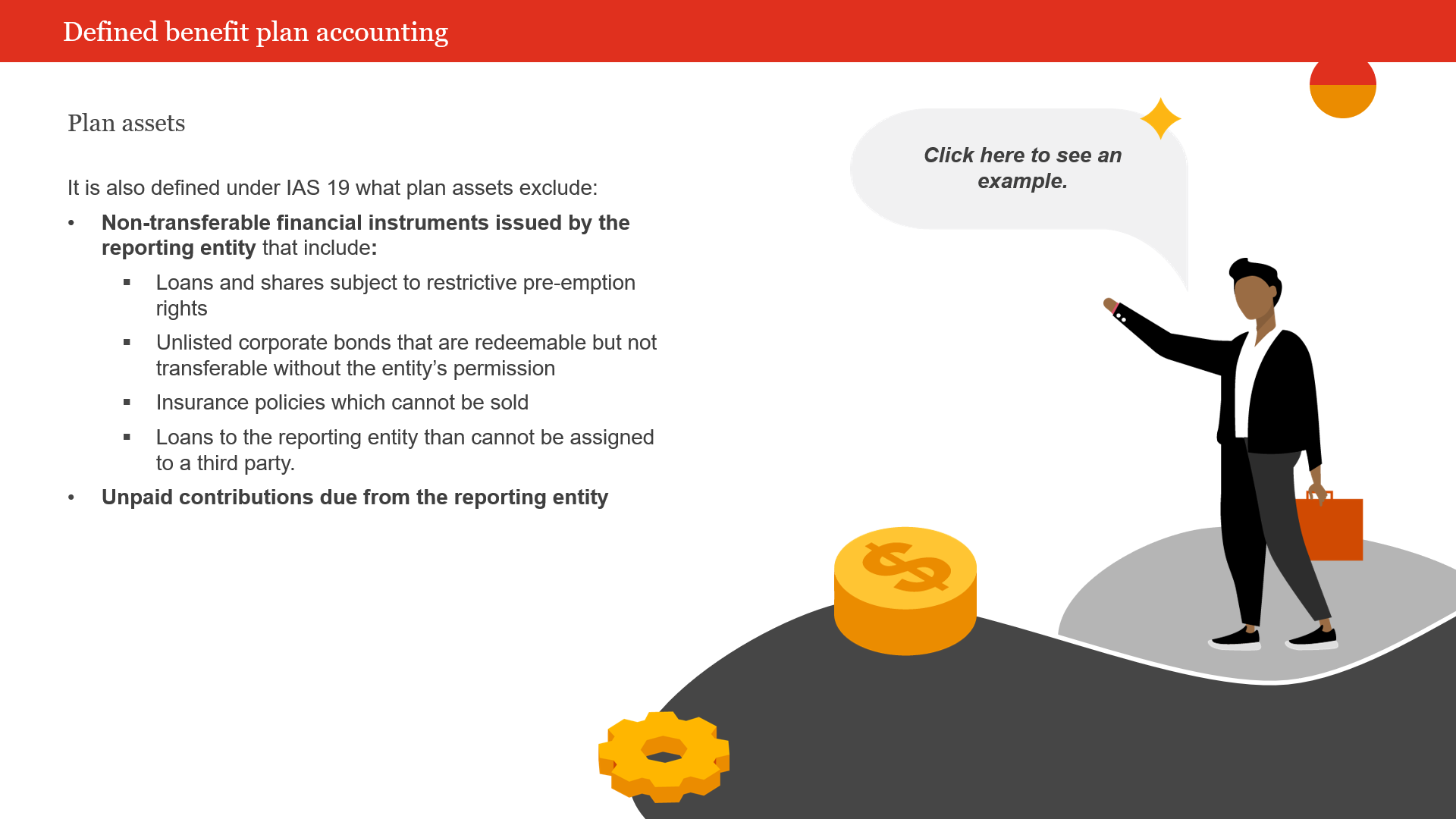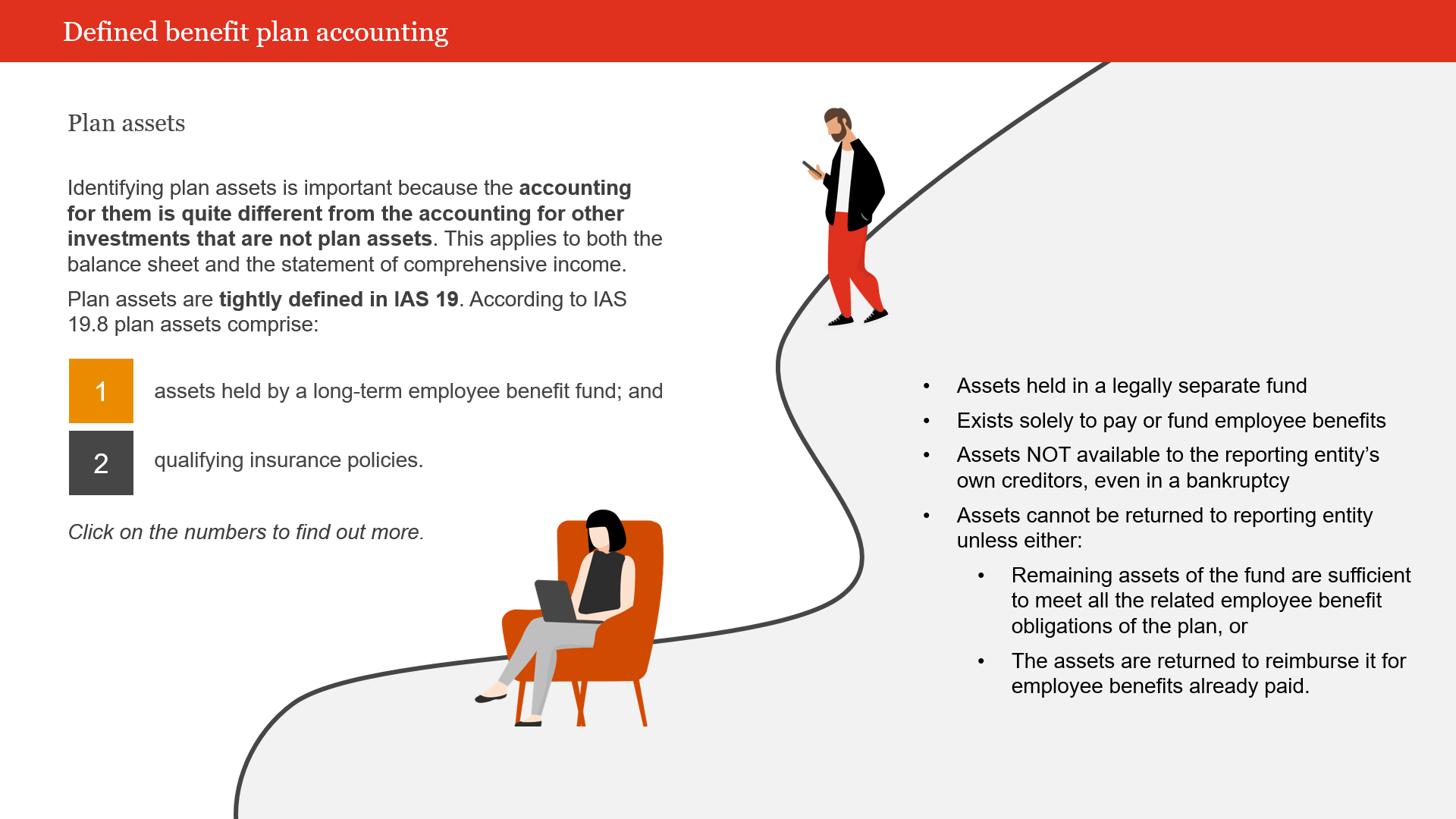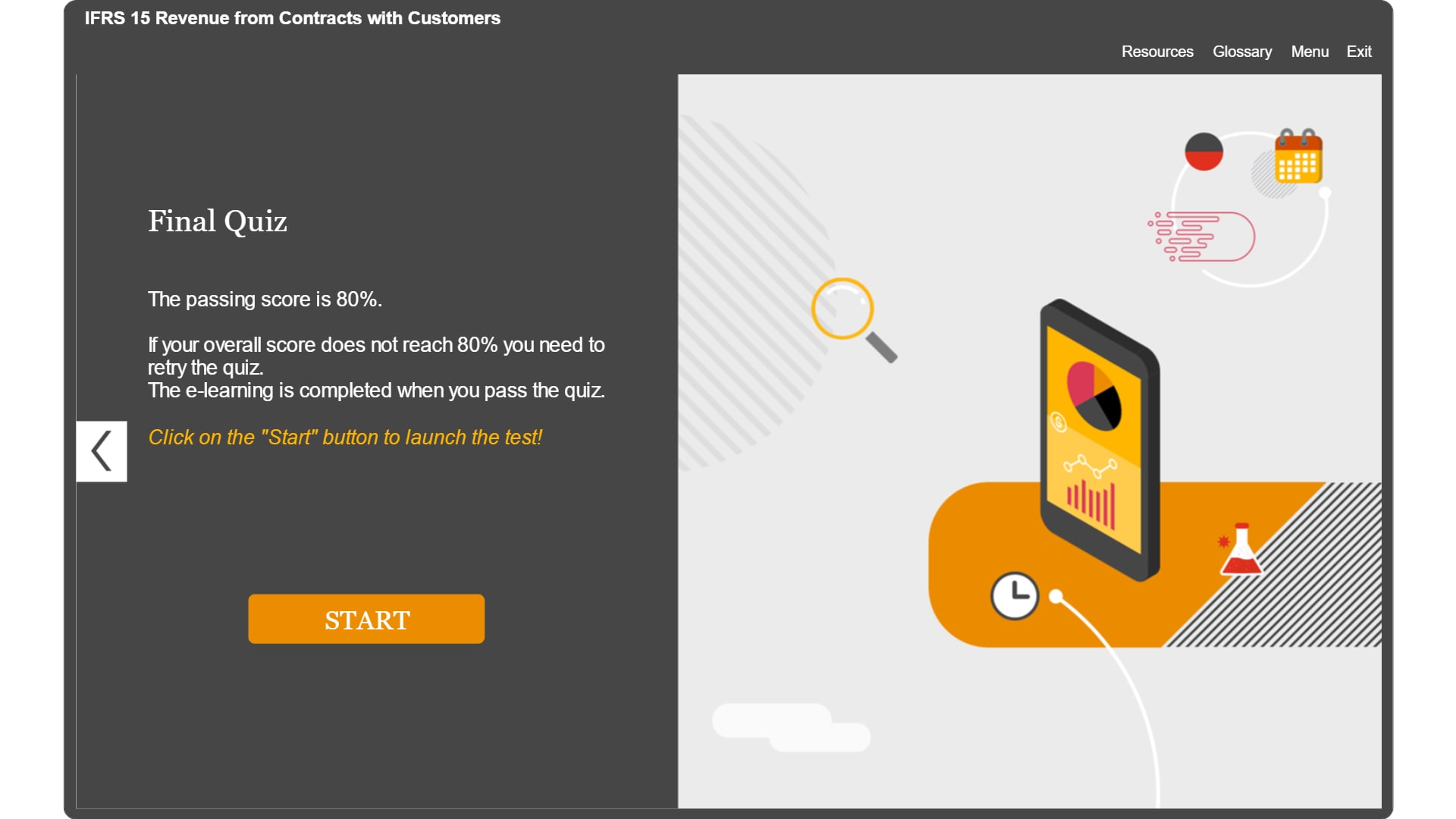{{item.title}}
{{item.text}}

{{item.text}}
Up-to-date accounting knowledge throughout the company

Are your employees up to date on IFRS?
For companies competing globally, knowledge is a valuable asset that is key to success. However, many companies find it challenging to provide their employees with the right development opportunities.
With the help of the IFRS e-learning modules, you can tackle these challenges.
Thanks to our wide-ranging accounting expertise, which we have integrated into our training modules, training your employees will become much more efficient. The modular design and regular updates ensure a consistent standard of knowledge for all employees.
|
|
|
|
|
|
|
|
|
|
|
|
|
|
|
|
|
|
|
|
|
|
|
|
|
|
|
|
|
|
|
|
|
|
|
|
|
|
|
|
|
|
|
|
|
|
|
|
|
|
|
|
|
|
|
|
|
|
|
|
|
|
|
|
|
|
|
|
|
|
|
|
|
|
|
|
|
Be proactive and build knowledge to prevent future compliance failures.
The training requires active participation from learners, which helps them acquire practical knowledge.
We regularly update our digital learning solutions to reflect changes in regulations.
Access our user-friendly modules anytime, anywhere.
Real-time reporting on training progress
Integrate company-specific case studies and guidelines if needed
Volume discounts apply when bought as part of a curriculum package in the webshop.
OR
{{item.text}}

{{item.text}}

